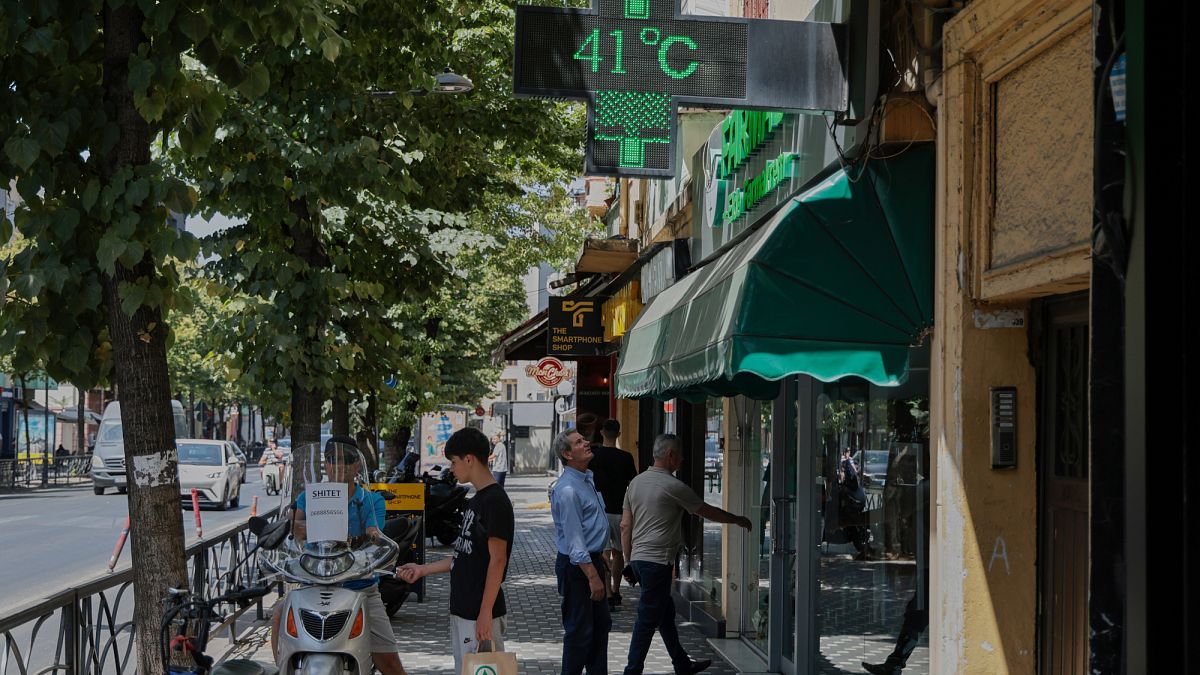ADVERTISEMENT
Extreme weather events are not only a climate crisis but also a public health one, straining health systems, economies and the lives of those most at risk, the Pan-European Commission on Climate and Health (PECCH) warns in an open letter to the World Health Organization.
“This is no longer a distant threat or seasonal nuisance. It is a public health emergency unfolding in real time,” states the letter, sent on Wednesday.
The commission is an independent group bringing together climate and health experts from across Europe, convened by WHO Regional Director Dr Hans Kluge. It was established in June 2025 and will prepare recommendations for accelerated health and climate action to be presented at the World Health Assembly in May 2026.
The European region is experiencing record-breaking heatwaves, that are becoming more frequent, more intense and deadlier, and which they warn are silent killers.
During periods of very high temperature, the human body may struggle to regulate itself, leading to heat stress, heat exhaustion, heatstroke, and complications from pre-existing medical conditions, sometimes resulting in premature death.
Of all weather- and climate-related extreme events in Europe, heat causes the largest number of deaths. Heat-related mortality has risen by 30% in the past two decades, with more than 100,000 deaths recorded across 35 European countries in 2022 and 2023 combined, and is expected to continue to rise.
Population groups at risk include older people, people with disabilities, pregnant women, children, outdoor workers, and those living in inadequately prepared housing.
The health effects of climate change can also be seen in the rise of vector-borne diseases — those transmitted by mosquitoes — such as dengue, West Nile virus, and chikungunya
Last year, there were 1,436 cases of West Nile virus and 304 dengue infections acquired in Europe, up from 201 the previous two years combined, according to the European Centre for Disease Prevention and Control (ECDC).
Critical situation for healthcare systems
The letter warns that the situation is exposing gaps in response systems and placing severe strain on health services.
“Heat-health action plans save lives by triggering early action, protecting the most vulnerable and easing pressure on hospitals. Accelerating the adoption of these plans must be a priority – not in a few years, but now,” the coalition said.
In Portugal, daily hospital admissions increased by 19% during heatwave days between 2000 and 2018, while in France, in 2022, emergency department visits doubled and consultations with physicians tripled during heatwaves for heat-related conditions.
The PECCH also stresses the need to invest in prevention and calls for “new measures of progress that put health, well-being, equity and sustainability at their core”.
“The climate crisis is a health crisis, and climate action is therefore health action,” they add in the letter.
Measures such as cutting emissions and expanding green spaces, they say, directly benefit both the environment and public health. For example, increasing urban greenery by 30% could cut heat-related deaths by up to 40%.

